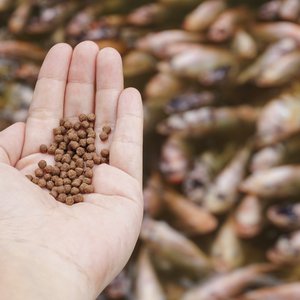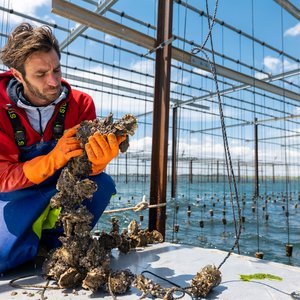Japanese eel farmers have decided to fatten up the resource more than usual this spring, until doubling its standard commercial size, in a bid to curb the surge of eel prices due to a supply shortage, mainly caused by overfishing.
This initiative, promoted by the Union of Eel Farmers Cooperatives of Japan, has been supported by a Tokyo-based association of kabayaki-style eel restaurants, The Yomiuri Shimbun reported.
A pioneer in eel fattening is the company Yamamoto Yoman, which cultivates eels in Tosa, Kochi Prefecture. The company began full-scale operation of fattening eels from 2016, by extending the farming period of eels to about two years and raising the fish to about 400g. The company has shipped more than 1,700 eels of that size so far.
However, representatives of the firm recognise a key challenge that remains is the texture of eels. When eels are fattened, naturally their bones grow bigger and thicker, making it difficult to swallow, as the bones may get stuck in diners\' throats.
Taking this into consideration, farmers came up with a method of reducing by about 30 per cent the amount of a high-calcium type of feed. They then give the eels feed that is abundant in protein. Such efforts help cultivate fleshy eels while containing the growth of their bones.
The practice of fattening has spread among farmers in Shizuoka and Miyazaki prefectures as well, in response to poor catches of young eel this season.
According to the Fisheries Agency, the amount of young eels put into domestic farming ponds for the latest fishing season totalled 14.2 tons, down by about 30 per cent from the previous season.
Source: FIS // Original Article










